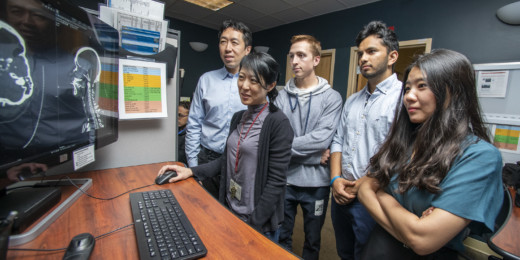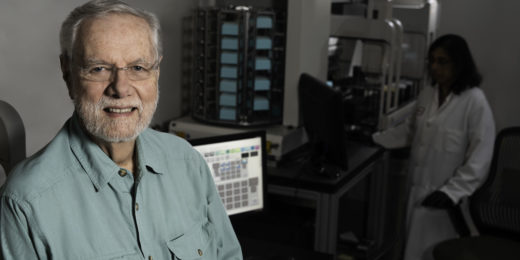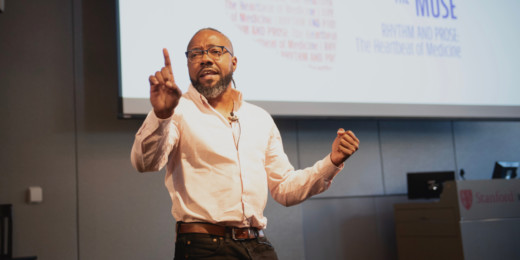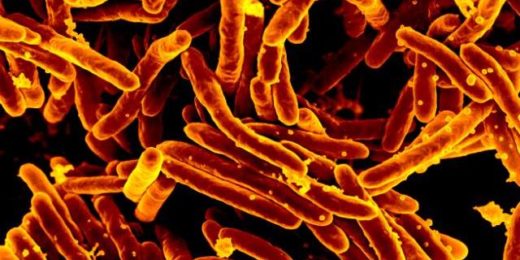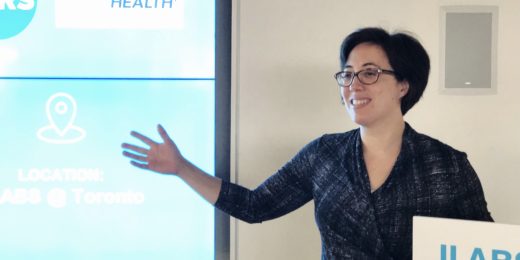Stanford researchers have designed a new AI tool to help clinicians identify brain aneurysms. HeadXNet is designed to work with, not replace, radiologists.
Category: Stanford School of Medicine
Pair of pipsqueak proteins punch malaria parasite where it hurts most: its proteasome
The parasite that causes malaria is remarkably adept at developing resistance to the drugs devised to combat it. But new research suggests a solution.
Taking Depression Seriously: Selecting a mental health care provider
In the sixth post in the Taking Depression Seriously series, Sophia Xiao and physician Randall Stafford clarify the different types of care providers.
Taking Depression Seriously: Types of talk therapy
In this fifth post in the Taking Depression Seriously series, Sophia Xiao and physician Randall Stafford outline the different types of talk therapy.
E-cigarette flavors may boost risk of heart disease
E-cigarette flavorings are harmful to blood vessel cells even in the absence of nicotine. The flavors of cinnamon and menthol are particularly dangerous.
Taking Depression Seriously: Breaking down barriers to care
In this second post in the Taking Depression Seriously series, Sophia Xiao and Randall Stafford examine barriers to accessing mental health care.
Is the health care system ready for climate change?
Stanford medical student Dan Bernstein challenges health care professionals to take steps to mitigate and respond to climate change.
Reservoir bugs: How one bacterial menace makes its home in the human stomach
Helicobacter pylori, a potentially nasty bacteria, somehow lives in one of every two human stomachs -- no mean feat. Here's how the bug pulls it off.
Taking Depression Seriously: What is it?
This is the first in a series called Taking Depression Seriously, which aims to explain the disease and offer tips for navigating the health care system.
Doctors smoking? New exhibit displays now-startling ads
In response to views that cigarettes were unhealthful, tobacco companies used images of medical professionals to sell their products.
First diagnostic test for chronic fatigue syndrome identified
Inspired by his son's illness, Ron Davis and colleagues have discovered a diagnostic test for chronic fatigue syndrome, a notoriously elusive disease.
Al Letson explores ties between journalists and doctors at Medicine and the Muse symposium
Poet and radio host Al Letson explores the art and power of listening with medicine students at Stanford's Medicine and the Muse symposium.
Which blood-based method works best to detect TB?
Scientists at Stanford and beyond are working toward a new type of tuberculosis diagnostic that utilizes blood samples.
Countdown to Big Data in Precision Health: When industry and academia converge
Ahead of the Big Data in Precision Health conference, Emma Huang from Johnson & Johnson Innovations discusses collaborations between industry and academia.
How drug-resistant bugs grow in CF patients’ lungs
Some viruses help drug-resistant bacteria grow in the lungs of cystic fibrosis patients, new Stanford research shows.
Paid family leave and health: A personal story and the latest research
A new policy brief from Stanford researchers identifies the connection between paid family leave and infant and maternal health benefits.


